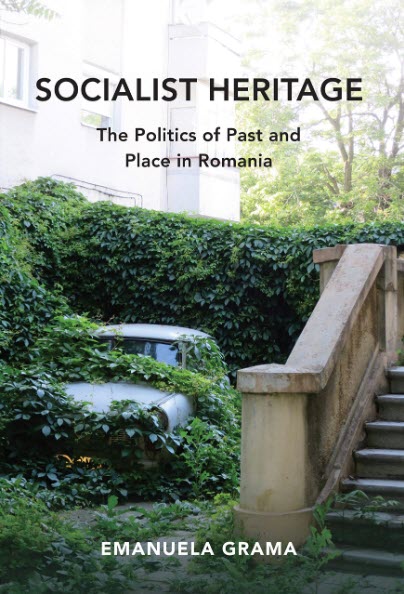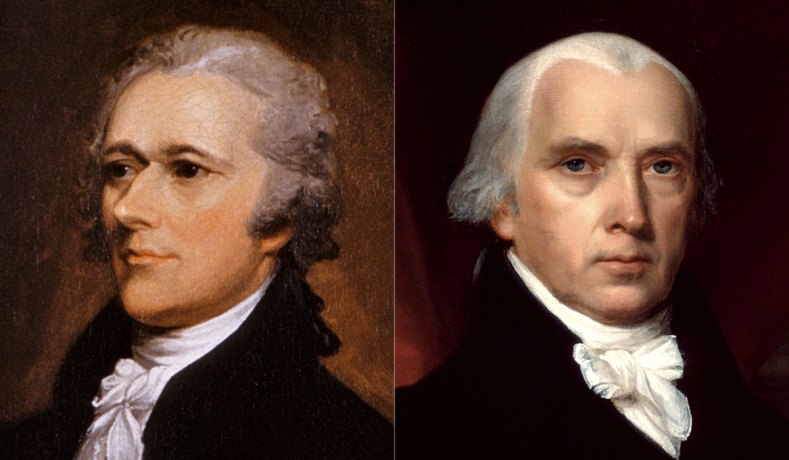The European Commission’s proposal for a ‘next generation’ recovery fund is an important step in forging a common response to the economic challenges that will follow in the wake of the COVID-19 crisis. Together with fiscal efforts at the national level, this fund should add useful stimulus to European economic performance. What remains to be seen is how the negotiations will play out within the European Council. There is reason for optimism but also reason for caution in that respect.
Meanwhile, the European Central Bank remains the primary source of macroeconomic stabilization. When the ECB’s Governing Council meets on 4 June, we should expect to see them add more stimulus of their own into the mix. The pandemic emergency purchase program will need to be larger. The Governing Council may need to adjust some of its other instruments as well. But Europe’s heads of state and government should be under no illusion that such actions will solve Europe’s macroeconomic problems or that they take any pressure off the European Council in agreeing on an ambitious recovery fund. The ECB can buy more time, but it cannot be the only game in town. And, as we have seen, even buying time is getting expensive. Increasingly, the Governing Council finds itself in situations where it is damned if it does and damned if it doesn’t: The ECB is a hostage to the effects of this crisis, to the actions of the European Council, and to the economic and political consequences of its own policy response – both real and imagined.






